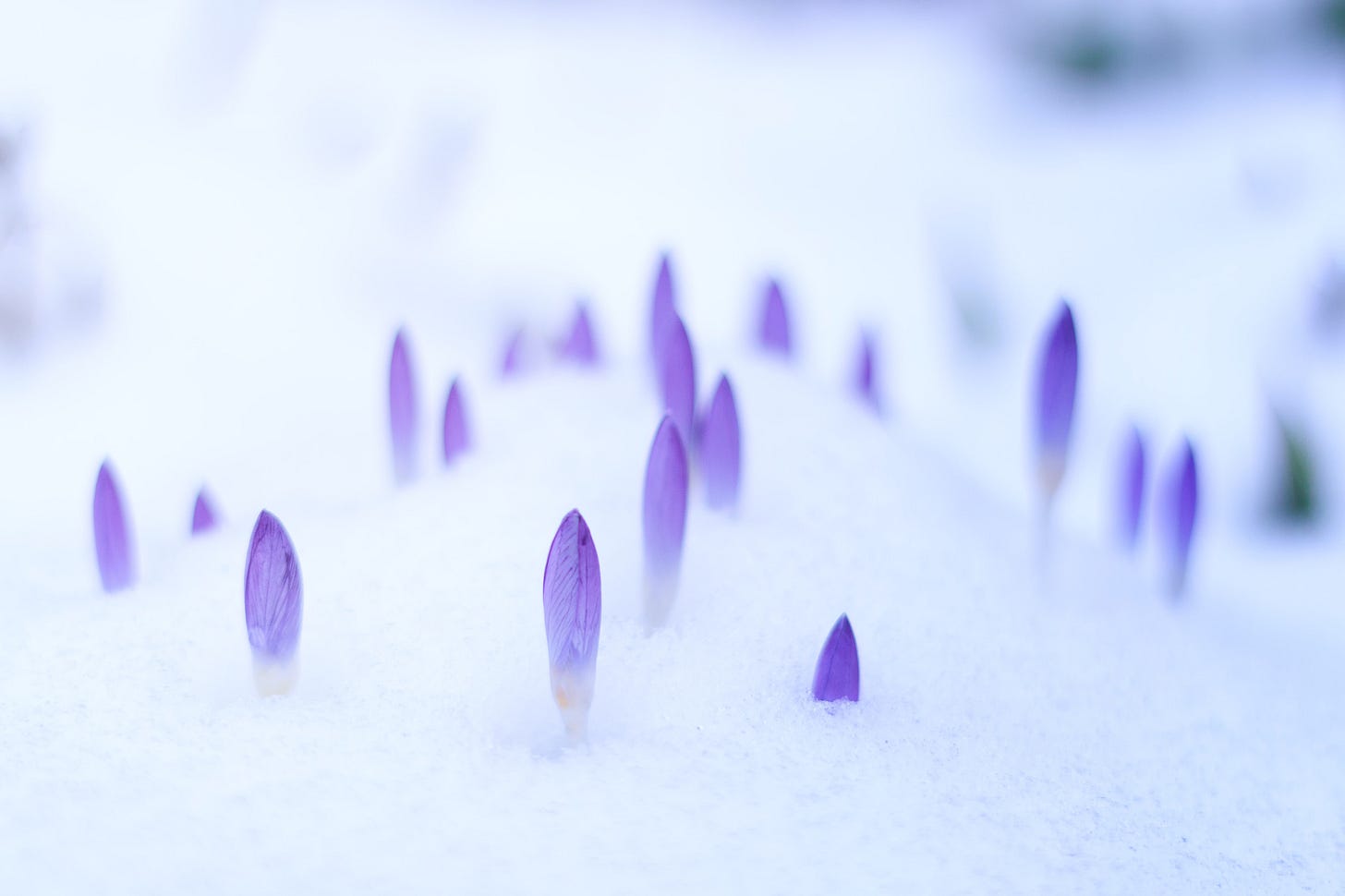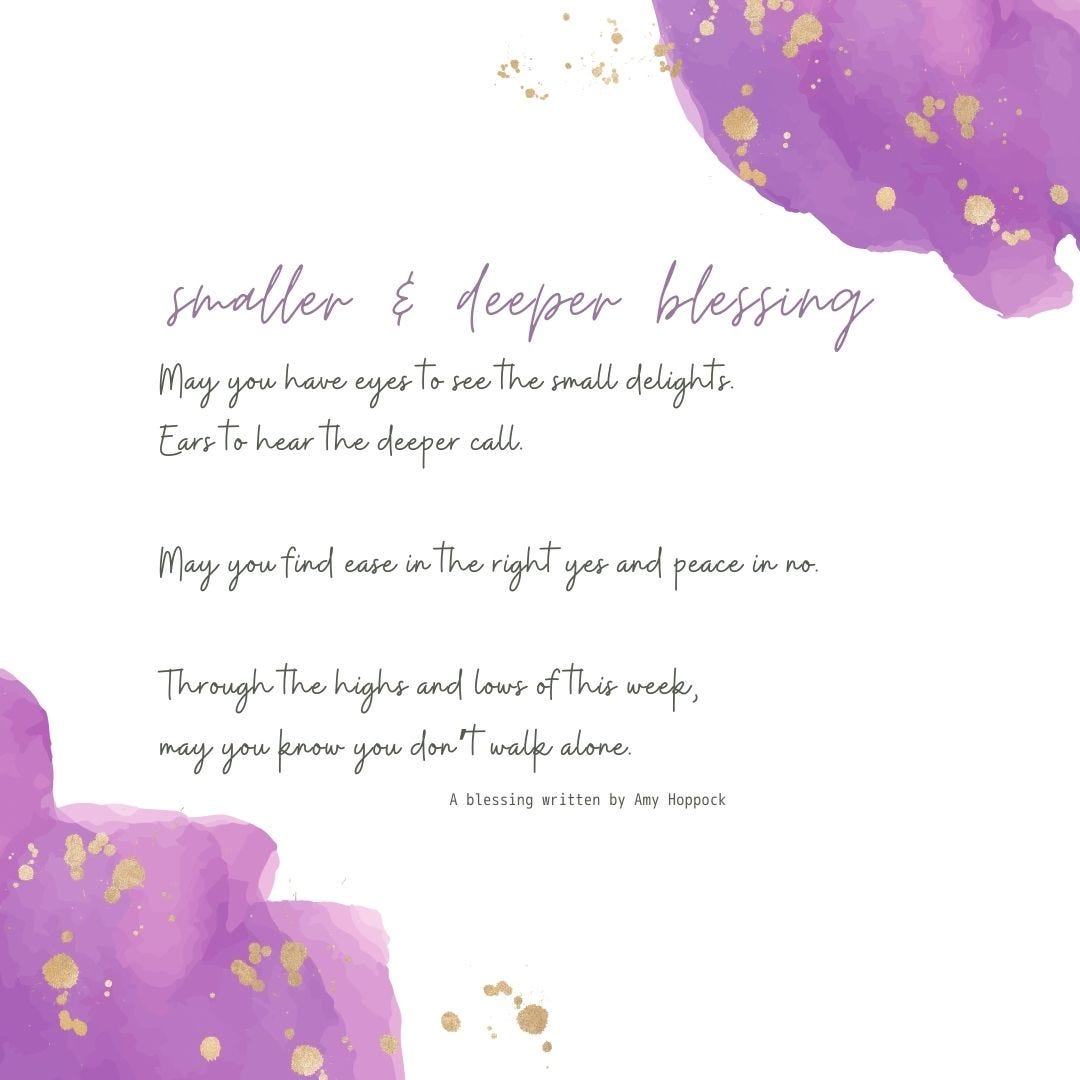In my reading this week, a phrase grabbed me and just will not let me go. One of my favorite translations of the Psalms is Psalms for Praying: An Invitation to Wholeness by Nan C. Merrill. Tucked in the middle of her translation of Psalms 107 was the following:
“For, to be serene even in the midst of chaos, is to know the efficacy of calmness. Peace dwells in the heart of silence, compassion and mercy abide there, as well.”
Efficacy means something, usually medicine, which produces the intended results. Calmness creates more calmness; is that the efficacy of calmness? What are the desired results from taking up a posture of calmness?
It’s hard to be serene in the midst of chaos. Whether it is external chaos or internal chaos finding calmness isn’t easy. Serene has many interesting definitions: not being agitated and not losing self-possession during turbulence. All easier said than done!
What is the invitation of calmness both within and without, and for the greater good? Calm is not showing anger, nervousness, or other strong emotions. It’s is also defined as being “pleasantly free from wind or other strong weather.” Pleasantly is a lovely little adverb tucked into the definition. It’s pleasant when there is calmness, both regarding the actual weather and the inward soul.
The efficacy of calmness is an invitation to cultivate calmness, serenity, and peace according to the translation of Psalms 107. All of those virtues can be found in the heart of silence. Silence, giving ourselves the gift of a minute or two (or more) of silence. Calming our hearts and minds to let all the stirred up emotions, ideas, concerns, and words settle. I like to think of a bottle of glitter and water. When it’s shaken up, the glitter is sparking and eye-catching. When the swirling stops, slowly, surely, and gently the glitter begins to settle. What was once busy, shinny, chaotic is suddenly quiet, still, and calm. This is indeed the efficacy of calmness.
A blessing for the efficacy of calmness
May you find serenity in the midst of inner or outer chaos. May you remember that peace makes its home in the center of silence with its companions’ compassion and mercy. This week may you live, move, and breathe in the efficacy of calmness, and may your calmness be a haven for others, so that peace, calm, compassion, and mercy spread in ever-widening circles.

Set aside 5 minutes (just five minutes!) once a day to let the glitter settle. Let’s experience for ourselves the efficacy of calmness.
Some resources I love that might help:
Insight Timer: This is a collection of guided meditations, music, and a simple timer that can help with meditation, centering prayer, and even falling asleep. There is a free version. That’s what we use and love. My daughter LOVES the kid’s sleep stories when she can’t fall asleep.
Healthy Minds App: I haven’t worked through this thoroughly, but I love the science behind it and the mission (see below!) It’s a free app developed by a Neuroscientist from the University of Wisconsin-Madison. The mission of Healthy Mind is: At Healthy Minds Innovations, our mission is to translate science into tools to cultivate and measure well-being, and we strive for a vision of a kinder, wiser, more compassionate world.
Pray-As-You-Go This isn’t exactly like the other two, but it’s a super calming app based on praying the daily office. It’s made by the Jesuits in Britain the music selection and calming British accents are delightful.
Would you be interested in…
Last week I took a collect writing class. (It was taught by the Irish Poet Pádraig Ó Tuama…I really appreciate his work, so it was a bit of a fangirl moment for me!) A collect is a specific form of prayer most commonly used in the Anglican (Book of Common Prayer) and Roman Catholic Prayer Books.
Through my haiku writing practice and group I’ve learned about the power of 1) form and 2) sharing. I am taking up a collect writing practice during lent. Would you be interested in joining me and maybe a few others? It would be fun to get a group to learn more about the form and share once or twice via zoom a collect or two. If you are interested, please let me know, I’ll gauge the interest and share more if there is enough interest. (you can reply to this email, it comes right to my inbox, text, call, email, comment-whatever!)
-Also, if you aren’t a prayer person or a lent person, but your curiosity is peaked, I read a great book Praying with Jane Eyre about using fiction (and other stories, ideas as inspiration) Pádraig spoke about that in his workshop to those participating. So all that to say, the invitation is wide open to everyone it’s a form for exploring and growth.
The Book of Hope: A Survival Guide for Trying Times by Jane Goodall & Douglas Abrams
Doug Abrams wrote another of my all-time favorite books, The Book of Joy: Lasting Happiness in a Changing World. The foundation of that book is a week-long conversation between the Dali Lama and Archbishop Desmond Tutu in Tibet. (So good, if you haven’t read it, please, do!)
The Book of Hope is three conversations with Jane Goodall on reasons to hope. Two of the conversations occurred before the pandemic started, and the third and final took place over Zoom in the middle of pandemic times. The overarching question was, what cause do we have for hope? Jane identified four reasons that give her hope, and she shares stories from her life that demonstrate why these four reasons are hope-filled. The four reasons of hope that Jane Goodall sees are the amazing human intellect, the resilience of nature, the power of young people, and the indomitable human spirit.
“Hope is often misunderstood. People tend to think that it is simply passive wishful thinking: I hope something will happen but I’m not going to do anything about it. This is indeed the opposite of real hope, which requires action and engagement.”
― Jane Goodall, The Book of Hope: A Survival Guide for Trying Times

I try to pay attention to words or phrases that stand out in my reading and listening. There is a spiritual practice called Florliledgium that collects short, interesting pieces {words that “sparkle” up} and puts them together. This is kind of like that. Watching for things that sparkle. Gathering them and seeing how they work together and what message, mantra, or new idea might arise.
A Practice:
Read slowly.
Notice if a word or phrase stands out to you.
How do the words make you feel?
Is there an invitation?
“Much depends on your attitude. If you are filled with negative judgment and anger, then you will feel separate from other people. You will feel lonely. But if you have an open heart and are filled with trust and friendship, even if you are physically alone, even living a hermit’s life, you will never feel lonely.”
― Desmond Tutu, The Book of Joy: Lasting Happiness in a Changing World
“What the Dalai Lama and I are offering,” the Archbishop added, “is a way of handling your worries: thinking about others. You can think about others who are in a similar situation or perhaps even in a worse situation, but who have survived, even thrived. It does help quite a lot to see yourself as part of a greater whole.” Once again, the path of joy was connection and the path of sorrow was separation. When we see others as separate, they become a threat. When we see others as part of us, as connected, as interdependent, then there is no challenge we cannot face—together.”
― Desmond Tutu, The Book of Joy: Lasting Happiness in a Changing World
“Something is lacking. As one of the seven billion human beings, I believe everyone has the responsibility to develop a happier world. We need, ultimately, to have a greater concern for others’ well-being. In other words, kindness or compassion, which is lacking now. We must pay more attention to our inner values. We must look inside.”
― Dalai Lama XIV, The Book of Joy: Lasting Happiness in a Changing World
“Discovering more joy does not, I’m sorry to say,” the Archbishop added, as we began our descent, “save us from the inevitability of hardship and heartbreak. In fact, we may cry more easily, but we will laugh more easily, too. Perhaps we are just more alive. Yet as we discover more joy, we can face suffering in a way that ennobles rather than embitters. We have hardship without becoming hard. We have heartbreak without being broken.”
― Dalai Lama XIV, The Book of Joy: Lasting Happiness in a Changing World








